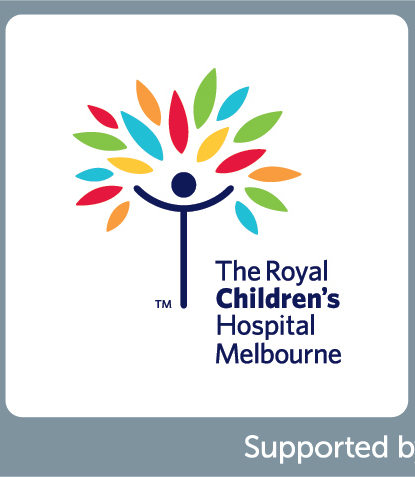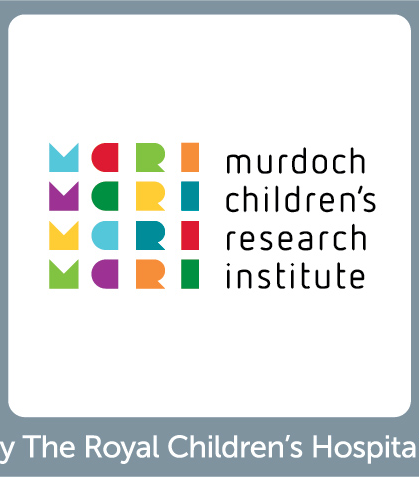Research and Protocol Development
This page outlines some fundamental concepts when designing a research study and where to go to get resources and support.
This is the fundamental part of doing any research. Coming up with a good, sharply defined research question can take a long time.
Researchers are encouraged to attend the one-day workshop , offered by the Clinical Epidemiology and Biostatistics Unit (CEBU), which covers in depth the core concepts needed to get started in research.
You should focus on research questions that are:
- Novel: Answer is unknown or warrants confirmation
- The best way to confirm the novelty of your idea is to conduct a thorough Literature Review. A great place to start is the RCH library.
- Significant: Relevant clinically or from a population health perspective
- Assessing this requires knowledge of the content area and current issues, e.g. how important is the question to others, what is the scale of the problem, burden of disease, cost, etc. Engaging consumers early can be key.
- Impactful: Results have the potential to change practice or policies downstream
- The translational potential of the research is key, see 'Understanding Research Impact' for more information and tools on research impact.
- Feasible: Answerable in a timely manner with available (possibly new) methods and resources
- A fundamental aspect here is study design – see “Study design” below. Contact CEBU for more assistance with study design.
- See also “Risk assessment” below
- Ethical: Positive assessment of risks and benefits to participants and degree of burden
- See the getting approval page for more information or contact RCH Ethics
Early input from biostatisticians from CEBU can provide key guidance on the development of the research question and study, including involvement as co-investigators in some cases.
The best study design depends on the research question.
There are different types of research designs:
- Quantitative research questions are those where the answer
- CEBU can help you design quantitative studies, including randomised controlled trials, cohort studies, case-control studies and surveys. They also provides key support in the design of analyses of routinely collected (e.g. EMR, registry) data and secondary data analysis in existing studies. See here for more information.
- Qualitative research studies collect, analyse and interpret non-numerical data. It include methodologies such as case studies, ethnography and descriptive studies (and more). For more information on qualitative research methods and supports see here or contact the qualitative research special interest group.
A protocol is a document that provides sufficient detail to allow anyone involved in a research study to understand the study and its procedures. It is a key tool for ensuring the conduct, review, reporting, and interpretation of your study is scientifically sound, logistically practical, and reproducible. It is also required to obtain ethics approval.
There are a range of protocol templates for different study designs.
The protocol templates:
- Interventional (drug/device)
- Interventional (not a drug or a device), e.g. surgical or behavioural intervention
- Observational (prospective data collection)
- Quality assurance/negligible risk research
- Secondary Data Usage (existing Biospecimens/data) - contact CRDO for assistance
If you cannot see a protocol template that is suitable for your study, contact CRDO help.
Protocol templates provide a standard structure with annotated guidance to ensure the protocol contains the information required for the different stakeholders, i.e. research staff, reviewing HREC and supporting departments.
Other factors to consider when developing your protocol:
Risk assessments: Allow you to consider and manage the risks of your research, these can include financial risks, participant and researcher risks and privacy and data risks. For more information see 'Risk Management" on the CRDO Launching Pad.
Consumer input: We recommend that you get input from the people, patients or communities that might be impacted by your research. More information on how to do this is coming soon.
What is Qualitative Research?
Qualitative research aims to understand people and explore why individuals interpret experiences the way they do. Through a process of collecting, analysing and interpreting non numerical data, qualitative research can be used to understand how individuals give meaning to their experience and their perception of their social reality.
Qualitative research is an is an interpretative process: individual experience is central. It is particularly relevant for health related questions, areas of research where little is known and sensitive topics that may need exploration. It seeks to understand diverse opinions rather than find generalisable outcomes.
Qualitative research is becoming increasingly recognised as important in experimental research as it adds a dimension to interventional studies by answering questions that cannot be obtained through measurement of variables alone. In clinical research, a qualitative approach can help to understand the reasons why outcomes have occurred. It can also help to ask the types of research that is important to a particular population as well as strengthening clinical trials by enhancing user involvement.
Mixed methods research (the use of both quantitative and qualitative methods) is a research strategy that is gaining increased attention across disciplines. If quantitative research asks “how many?”, qualitative research asks “why?”?
Qualitative Research Methods
|
Methodology |
Explanation |
|
Ethnography |
Focuses on people as members of groups, or cultures |
|
Phenomenology |
Interested in the ‘lived experience” – what if feels like to have a certain experience, how people understand their own experience |
|
Grounded theory |
Interested in meaning-making through interactions with others; aims to produce a theorised understanding of subjective personal experience, that is grounded (based) in the data. In original form, has strict rules for how to do data collection and analysis |
|
Narrative inquiry (or narratology) |
Focuses on telling stories as people’s way of understanding of themselves and their experiences (regards the story as the natural form of meaning-making) |
|
Case study |
Interested in different perspectives on particular social phenomenon |
|
Descriptive /Interpretative |
Description of a phenomenon with a focus on rich description of the Who, What, Where, and Why from those who have the experience of that phenomenon |
Resources
CRDO have a range of resources that can help you with your qualitative research methods. See the Qualitative Research Interest Group (QRIG) page for more information.
Data from EMR can be useful in helping you design your study. It can help answer questions such as determining if a study is feasible at RCH, or if your eligibility criteria are appropriate for your recruitment target. Looking at anonymised data in this way can save you time down the track - there is no use designing a study if there are no eligible patients to recruit!
There are some basic tools such as SlicerDicer available to you in EMR (contact Grace Gell if you’d like support with this).
For more targeted data investigation around feasibility, please log a Service Now request under Research -> Reporting




